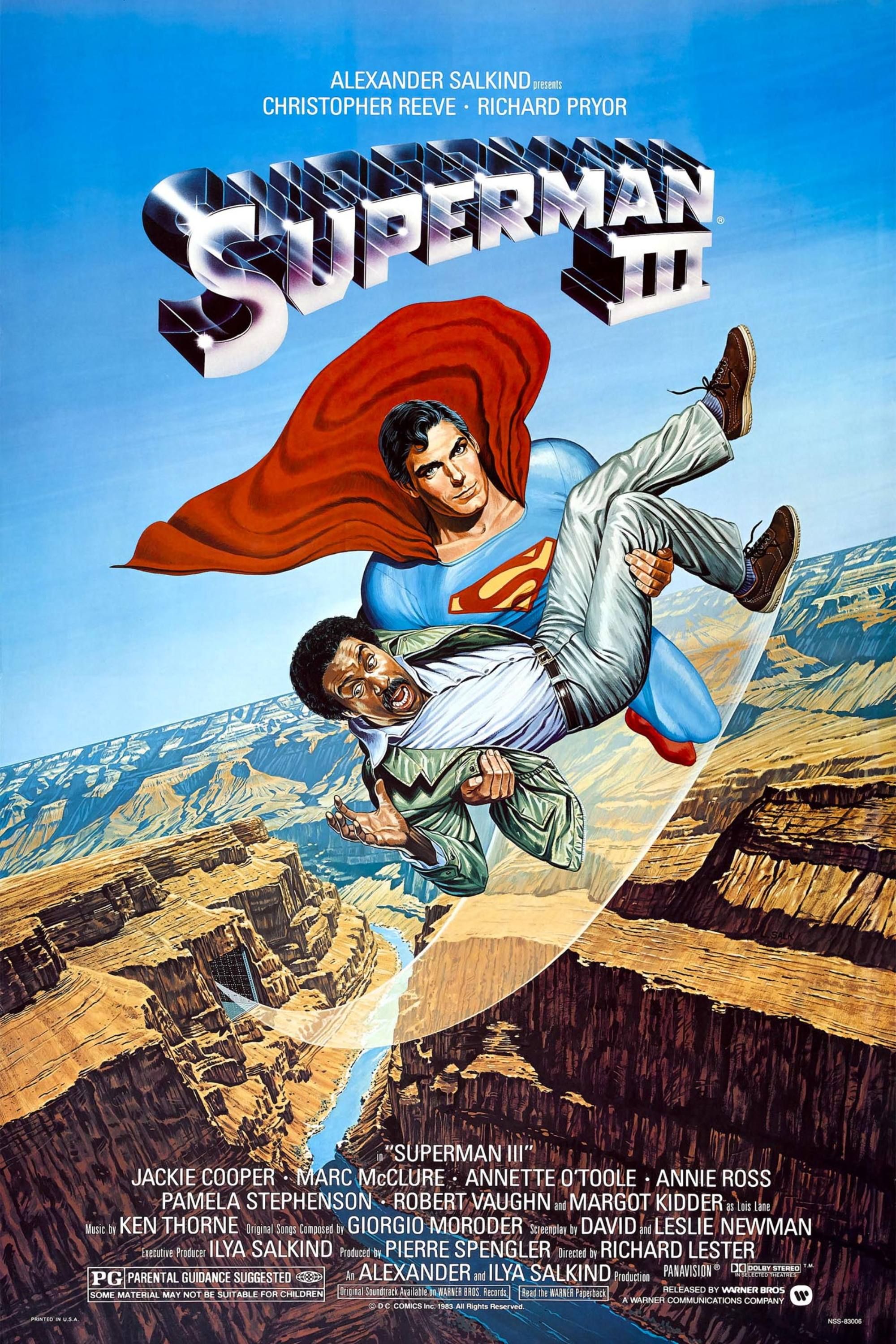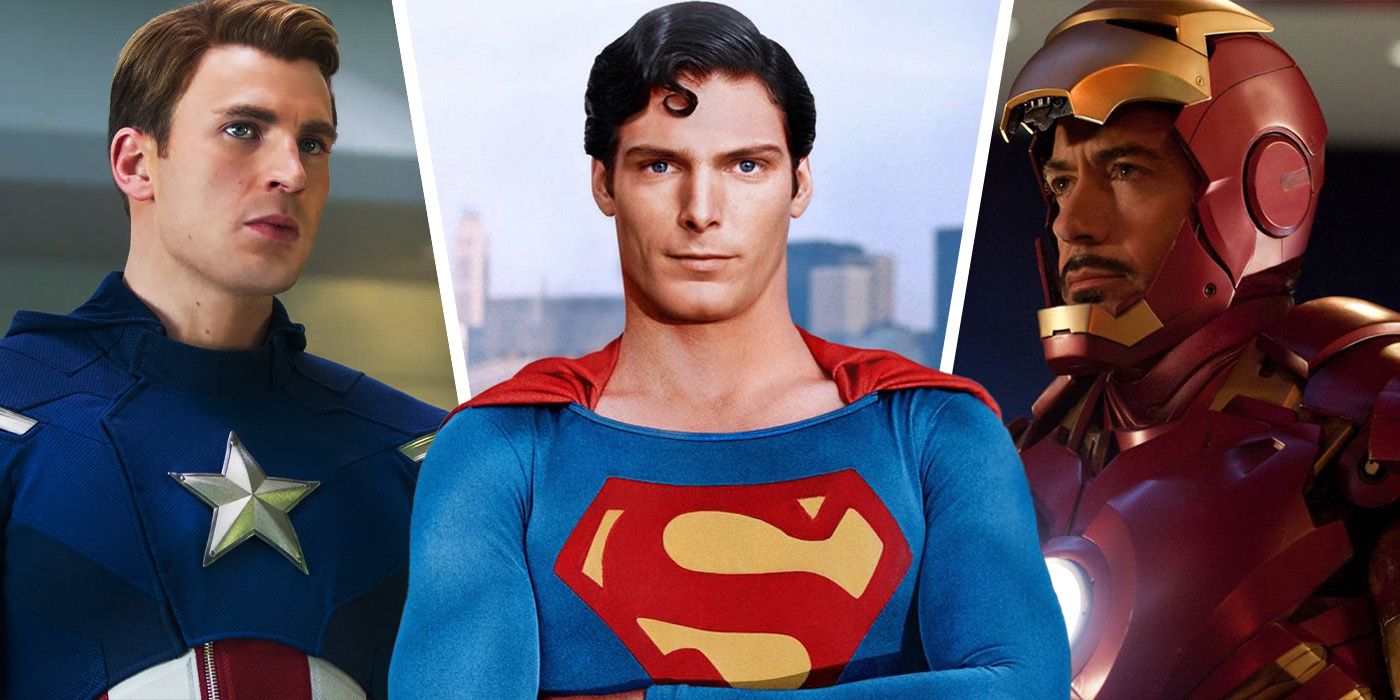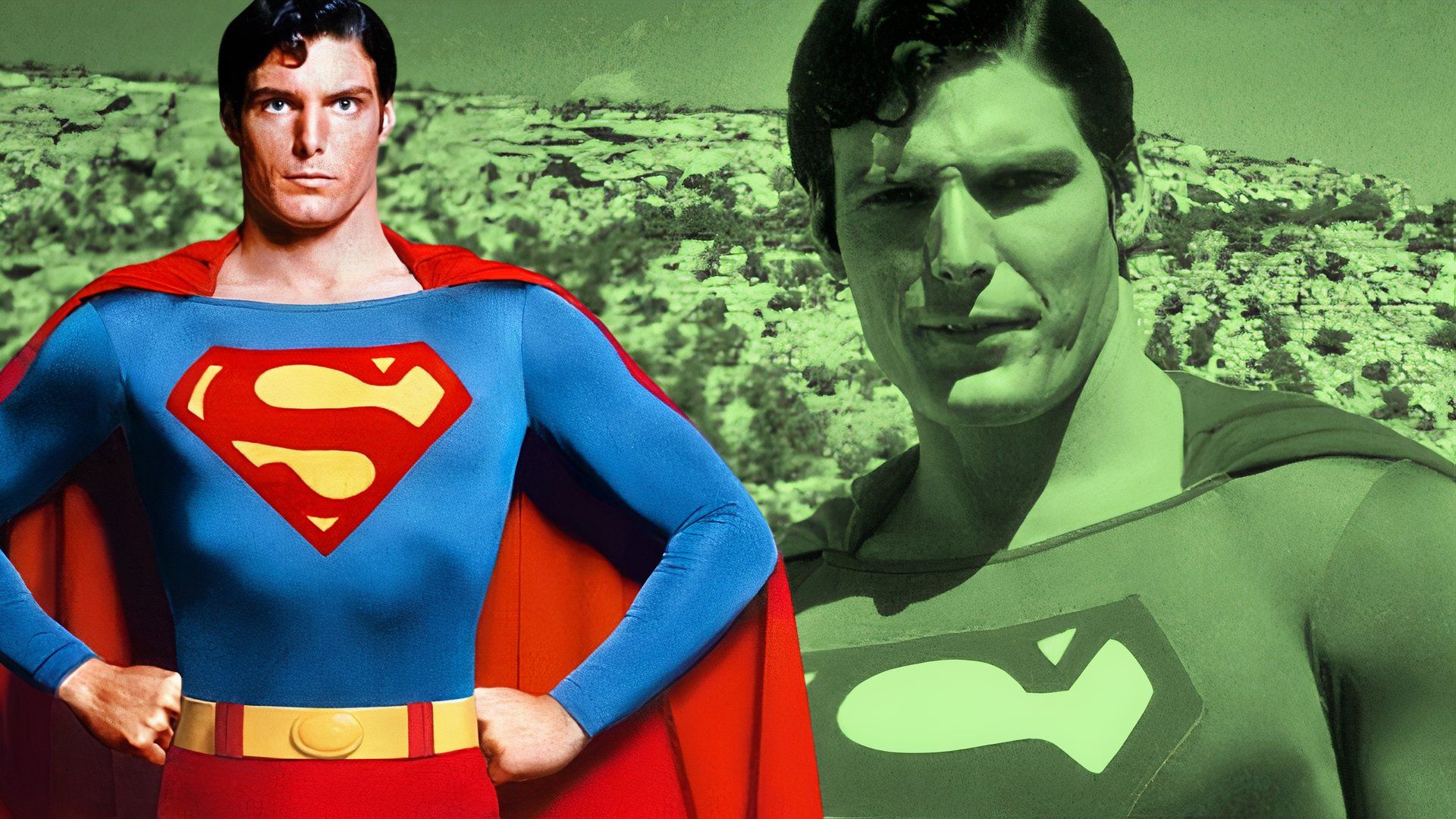Christopher Reeve will always be the Man of Steel to millennials and Generation X. The Cavill-Corenswet discourse doesn’t bother them. However, during the original series of movies, the role wasn’t always a guarantee for Reeve. He almost didn’t get the part in the first place, and then he almost lost it. Robert Redford, Paul Newman, Warren Beatty, James Caan, Burt Reynolds, and a bunch of other famous actors were ahead of Reeve on the priority list, but they all hated spandex.
Others, like Sylvester Stallone and Arnold Schwarzenegger, lobbied hard for the role, but fate works in mysterious ways, and action movie fans will always be secretly glad they weren’t selected. After all, the world would have been weird with Stallone as Superman instead of John Rambo.

- Release Date
-
June 17, 1983
- Director
-
Richard Lester
- Runtime
-
125 minutes
Patrick Wayne came closest as he was offered a contract, but was forced to drop out when his father, John Wayne, was diagnosed with stomach cancer. Christopher Reeve would ultimately get the part when it was decided that a lesser-known person would be the best fit.
According to Reeve’s 1998 autobiography, Still Me, the casting director, Lynn Stalmaster, fought hard for him, even putting his file above those of 200 other actors, only for the producers to keep throwing it away. Thankfully, they changed their minds. From there, everything would sail smoothly until Superman III, when the behind-the-scenes drama almost led to a recast.
‘Superman III’ Is James Bond Meets ‘The Boys’
Superman III might have been a mess in the kitchen, but on the counter, it looked great… better than most movies of its era. The film’s primary antagonist is a billionaire keen on monopolizing the coffee market, in whichever way possible, something the bad guys of Agent 007’s world would do. James Bond villains are obsessed with monopolizing specific industries, so the plot here feels familiar. But the events are in no way dull. Superman’s mind gets messed up, so he goes all Homelander. He goes as far as blowing the Olympic flame and straightening the Leaning Tower of Pisa. On top of that, he consumes several beers and tells every disappointed person to shut it.
The devious schemes begin when industrialist Ross Webster blackmails the skilled computer programmer, Gus (Richard Pryor), into working for him. Webster then orders Gus to use a weather satellite to create a storm that’ll destroy coffee crops in South America, leaving him as the sole distributor of the cash crop. When Superman intervenes, Webster gets pissed and gets Gus to synthesize Kryptonite. The two give Superman the synthetic Kryptonite at a party in Smallville, turning him evil.

Related
Everything Superman: Legacy’s David Corenswet Can Learn From Christopher Reeve
The newest actor to portray Superman can learn a lot from the first modern actor to truly embody the character.
Initially awed by the profligate lifestyle and flattered by the billionaire’s attention, the eager-to-please Gus soon frays underneath Webster’s amorality and erratic ways. Once the glamour wears off and the glow starts to fade, will these two characters find a way to stay cordial?
The DC flick has a few flaws, but Reeves is exceptional, more intriguing than he is in the previous two installments. The Donner movies, written by Mario Puzo, restricted him to a standard procedure of saving people and flirting with Lois Lane, but the third film has him making wicked smiles and blurting lines like, “You want me to save you? I don’t do that anymore.” It would have been a shame if he had been recast, but why was there such a possibility?
Snyder-like Chaos Almost Led to a Recast
Originally titled Superman vs Superman (retitled after the producers of Kramer vs. Kramer threatened to sue), Superman III was supposed to be directed by Richard Donner, who had made the first two films. Unfortunately, creative differences caused producers Alexander Salkind, Ilya Salkind, and Pierre Spengler to fire him. As was the case with the Snyder incident in the DCEU, the move didn’t go down well with most of the cast members.
Both Gene Hackman and Margot Kidder were reportedly angry with the way the Salkinds treated Donner, so Hackman prioritized other projects instead of immediately agreeing to return as Lex Luthor. The more aggrieved Margot Kidder publicly criticized the Salkinds and was punished by being given lesser screen time, hence the reason we don’t see much of Lois Lane in the movie.
However, in the commentary for the film’s 2006 DVD release, Ilya Salkind insisted that there was no bad blood. The creative team simply chose a different plot direction, believing the Lois Lane and Clark Kent relationship arc had been overdone.

Related
This Timeless DC Classic Created the Template for MCU Movies, According to Kevin Feige
Why is the MCU so succesful? Credit goes to a ‘Superman: The Movie,’ according to Kevin Feige.
Reeve, too, had his concerns. According to his autobiography, he felt the producers had soiled Superman III by turning it into another Richard Pryor comedy (the stand-up god was cast after expressing his love for Superman on “The Tonight Show with Johnny Carson”). Before that, he had declined to reprise his role due to the poor manner in which Donner had been treated.
The role was offered to Kurt Russel, John Travolta, and Jeff Bridges, but all three didn’t want it. Rumors that former boxer and comedian Tony Danza had agreed to replace Reeve were later debunked by producer Pierre Spengler in an interview with Yahoo Movies. However, he admitted that getting Reeve to return was hard, and things were so bad that the actor had lawyered up. Thankfully, director Richard Lester was willing to do the begging. After some time, Reeve bulged and agreed to don the cape again.
‘Superman III’ Should Have Been the Final Reeves-Led Installment
Christopher Reeve was right to want to walk away. Even so, he can be forgiven for showing up on set again, given how comically brilliant the movie turned out to be. The actor might have been furious about Pryor’s casting, but the slapstick moments are a major reason why the above-average film is watchable. The scenery is picturesque, but the lens mostly remains trained on Pryor and Reeve, capturing their increasingly fraught exchanges. Still, the franchise was on a downward spiral at this point, and things should have been wrapped up with this third installment.

Related
Why Superman Was a Blessing and Curse for Christopher Reeve’s Career
Christopher Reeve turned down several big 1980s movie roles that could have enabled the actor to break his Superman typecasting.
Trilogies are what Hollywood is all about, and any attempt to extend things beyond number 3 often results in fatigue and dissatisfaction. Besides that, the Snyder incident taught us that the person who laid the foundation ought to be there until the very end and if that’s not possible, the entire thing needs to be scrapped. In this particular case, it’s like making The Dark Knight IV without Christopher Nolan, or Spider-Man IV without Sam Raimi. It simply wouldn’t work.
Even Ilya Salkind knew the franchise had run its course. After Superman III, he agreed to sell the rights to The Cannon Group, Inc. for $5 million. The studio then enticed Reeve to return by paying him $6 million, financing his passion project Street Smart, and giving him a say over the plot and the director. Reeve would be the one to pitch the bizzare nuclear storyline, his biggest misstep in an otherwise pretty flawless career.
